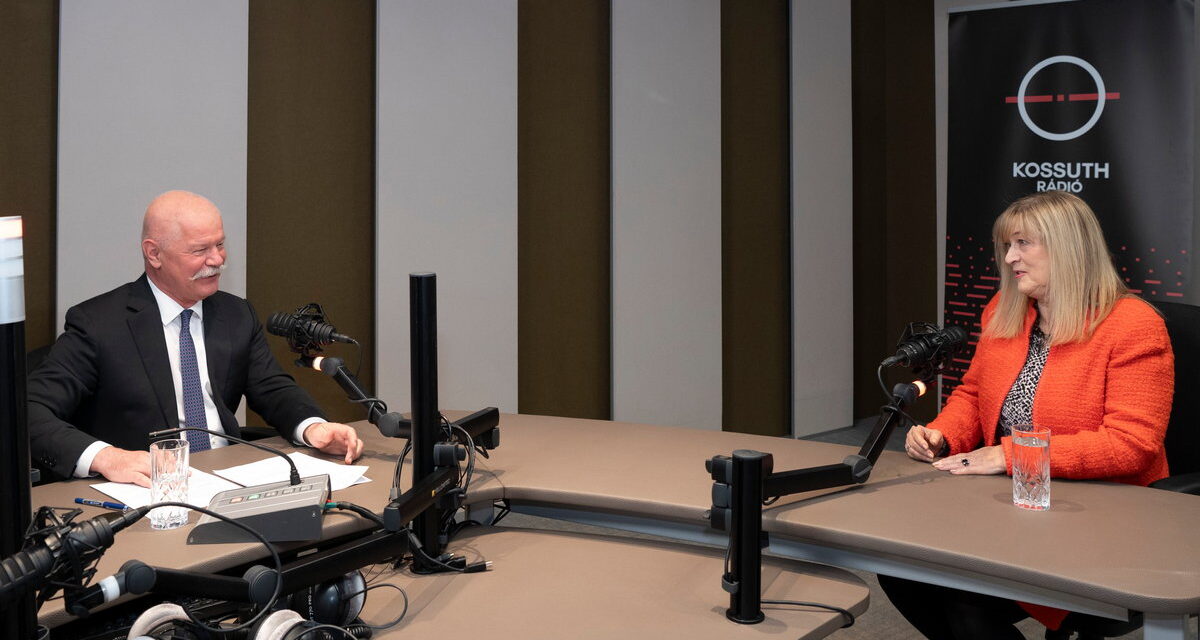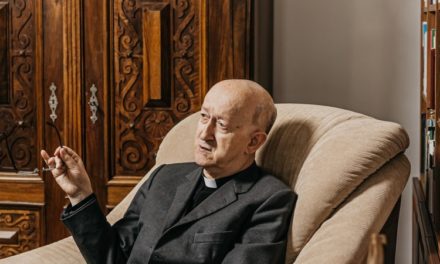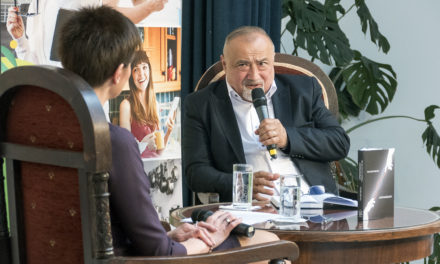Western civilization is in a state of lack of freedom, and this leads to inequalities, said Mária Schmidt in the evening program of Kossuth Rádió on Monday. János Csák, the Széchenyi Prize-winning historian, director general of the House of Terror Museum, and professor at Pázmány Péter Catholic University, was a guest. The minister responsible for culture and innovation, who hosts the program once a month, discussed the connection between freedom and balance with his guest.
János Csák put it this way: the balance has apparently been upset in Western civilization, individual freedom prevails over the order and freedom of the community.
Mária Schmidt said that during the years of communism, Hungarians did not have the freedoms enjoyed by Western civilization.
"Then we became free, we regained our freedom, and Western civilization seems to have completely lost it"
he highlighted. He stated that in Western civilization, freedom of religion, freedom of speech, freedom of the press and academic freedom are restricted. That is, all the freedoms "necessary to be able to discuss our common issues together, freely - he noted.
" The lack of freedom is beginning to deteriorate in an extreme direction, academic life has fallen in the Western world, the media has fallen, " he declared, noting that according to his experience, small circles of freedom remained in the Anglo-Saxon world.
Speaking about the Russian-Ukrainian war, Mária Schmidt drew attention to the fact that it is also a topic that cannot be debated in Western civilization, and the elite cannot be forced to discuss it.
He recalled that Prime Minister Viktor Orbán had repeatedly demanded that European leaders have a plan B.
"They don't hear, they don't even understand what the B-plan is, because they tolerate only one solution in everything"
he emphasized.
János Csák said that one often hears opinions that those Asian countries that have been able to preserve Confucian traditions to a certain extent are more inclined towards harmony and balance. He added that he had not experienced this during his travels, neither in Korea, nor in Japan, nor in Singapore.
The biggest problem is that we have emptied the sky - reflected Mária Schmidt, noting that instead of it there are sanctuaries and points of reference that do not actually offer a handhold. In his opinion, rushing life, holy consumption, and the compulsion to perform are typical; the majority pursues the minute matters of flu drugs, while the real meaning of life, the family, is pushed into the background.
"The absence of God led to the appreciation of the individual, egos took over, everyone is on an ego trip and thinks that the world is about him"
the historian stated. As he said, "every day we see self-inflating individuals who take over the public space, but do not give" a handhold or hope. They pop out - remarked János Csák.
The minister also touched on the fact that the old political-theological question of whether a person can live without transcendent guidelines has now faded into the background. As he said, American professor Patrick Deneen explains in his book Regime Change that the elite has become deaf, they cannot hear what the people are saying. He assessed that the elite in the Western world have a false self-image, even denying that they are elite.
In Mária Schmidt's opinion, part of the elite both in the United States of America and in Western Europe consists of gray, featureless, gerontocratic, idealess, visionless, alibi politicians who are afraid to say anything. The other part of the elite is on an ego trip; he invents things that people don't care about, he said, noting that it's the elite to look down on people.
At the end of the program, János Csák highlighted: " Hungary's task is to preserve our sanity and be the voice of sanity, as it has been so many times in its 1,100-year history ."
MTI
Featured image: Minister of Culture and Innovation János Csák, as the host of Kossuth Rádió's Az este program, talks with Mária Schmidt, the director general of the House of Terror Museum, during the recording of the program in the studio of the Media Support and Asset Management Fund (MTVA) in Óbuda on March 18, 2024. (Photo: MTI/Zsolt Szigetváry)












